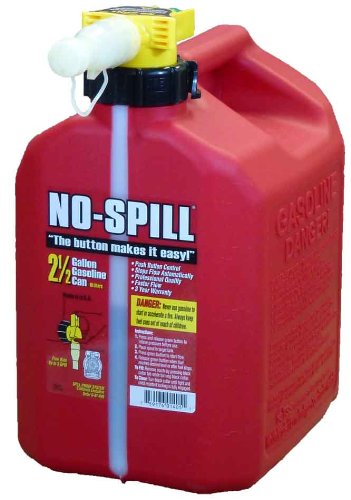The website that shows non-ethanol suppliers used to list several near here, but they were outdated listing. One "gas station" had been turned into a fast food, for example. (There's probably a pun in there somewhere, just waiting to get out!)
My experience with ethanol -- FWIW -- is that as long as the engine is rated for it, it's only a problem if I don't use the engine often enough. And of course our dinghy only gets sporadic use. Hence the parts about running the carbs dry after each use, etc. as mitigating approach. Usually, I'd let gas (with ethanol) sit no longer than 3 weeks, and after that it's likely toast. Works in cars, not in small one-cylinder 2-strokes, so it gets recycled.
Additives never seemed to do any good. Tried many, no change in results; the ethanol gas is suspect after 2 weeks non-use, likely toast after 3.
OTOH, on longer vacations, lots o' gallons go through fine. Letting it sit unused seemed to be the culprit, in our case.
All of that is especially true with small lawn things, like leaf blowers and so forth. (A 32V battery-powered blower is working better than a small gas blower ever did.)
Last year we got a new 15-hp 4-stroke 2-cylinder fuel injected outboard, and so far haven't had as much of a problem... possibly due to the closed system. OTOH, I don't have enough time with it yet to fully evaluate... so I can only say "It's promising. Maybe."
-Chris

